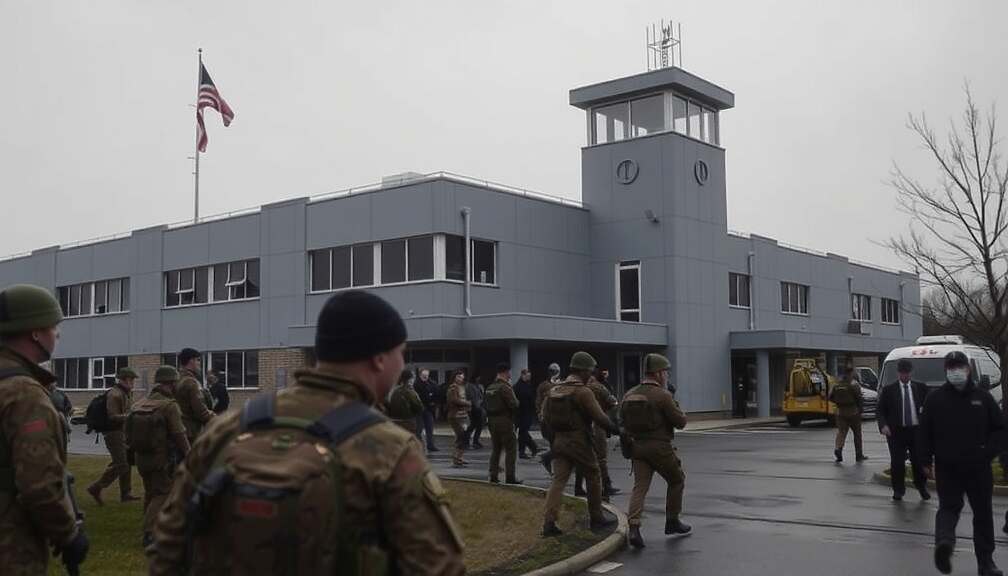Germany’s armed forces, the Bundeswehr, have awarded significant contracts to both established industry giant Airbus Defence and Space and the Munich-based startup Helsing to develop competing artificial intelligence-powered reconnaissance systems. The initiative, dubbed “Uranos KI” aims to bolster surveillance capabilities along NATO’s eastern flank, particularly supporting the German contingent stationed in Lithuania.
The decision to award dual contracts, a strategy mirroring prototyping competitions prevalent in the United States, reflects a broader effort within the Bundeswehr to avoid vendor lock-in and stimulate innovation. Both companies will deliver four complete systems each, slated for parallel testing over several years before a final selection is made for series production. Airbus, partnered with drone manufacturer Quantum Systems, secured a contract valued at approximately €55.8 million, while Helsing’s contribution is estimated at €80.4 million, with options for future supplementary purchases included in both agreements. Initial deployment of the systems is anticipated in 2027.
While proponents highlight the potential for enhanced situational awareness and quicker response times to evolving security threats, the dual-award approach and the significant investment-totaling well over €135 million-are drawing scrutiny. Critics question the cost-effectiveness of maintaining two competing systems during the testing phase, alleging it could divert resources from other critical modernization efforts within the Bundeswehr. Furthermore, the involvement of Helsing, a relatively new player in the defense sector with close ties to German intelligence circles, has raised questions regarding transparency and potential influence in the contract award process.
The strategic decision to incorporate data from various sources including drones, terrestrial sensors, robots and camera technology, merging it in real-time through a centralized software platform, also presents significant technical and data security challenges. Concerns are being voiced about the potential for algorithmic bias within the AI systems and the vulnerabilities associated with integrating data from disparate technologies into a single, potentially hackable network. The long-term implications of relying on AI-driven reconnaissance in a contested environment, particularly regarding human oversight and potential for escalation, also remain largely unaddressed. The project’s success hinges not only on technological prowess but also on addressing these complex ethical and operational considerations.












